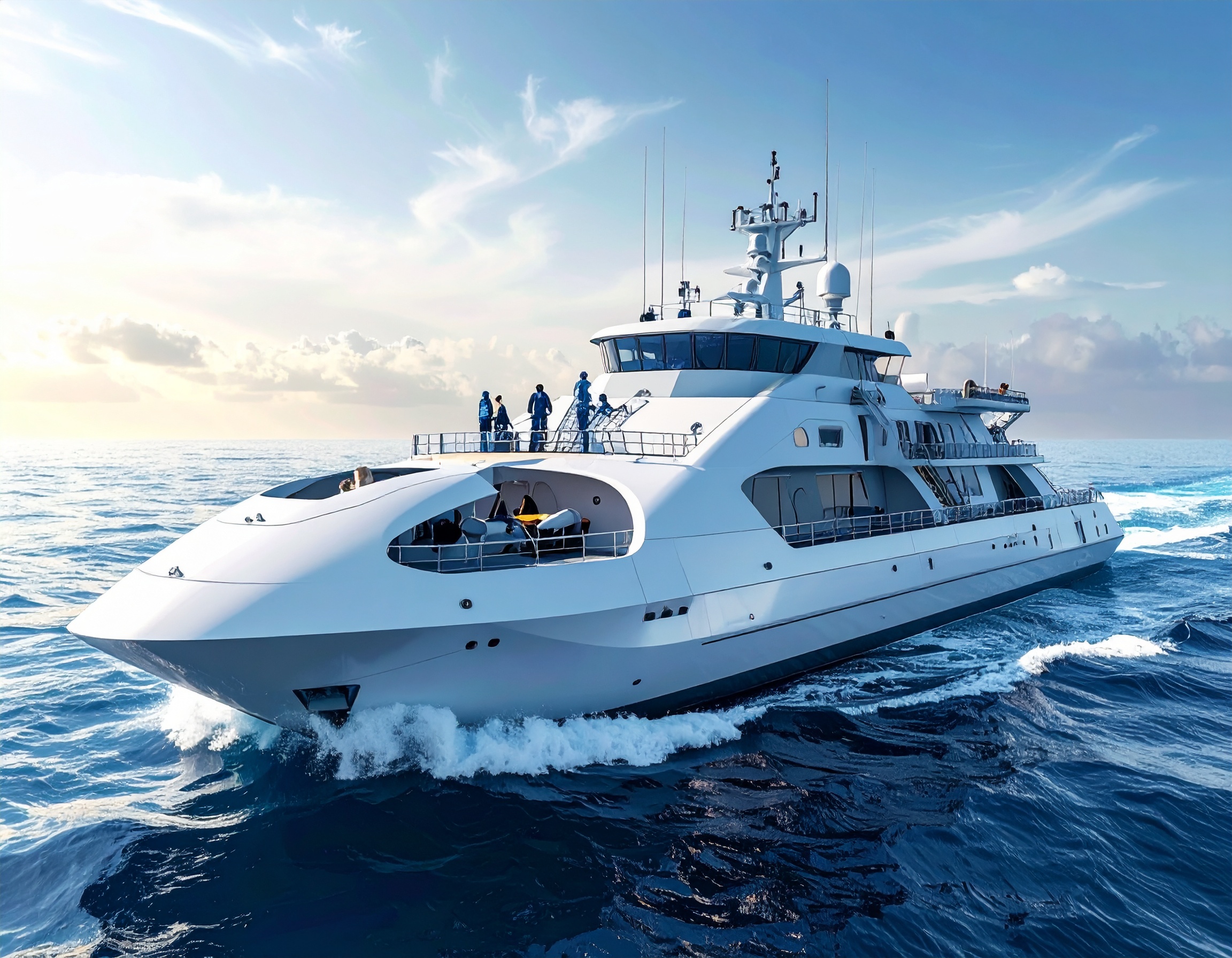Federal Funding Cut Halts Scripps Hydrogen-Hybrid Research Vessel Project

The development of the world’s first hydrogen-hybrid research vessel by the Scripps Institution of Oceanography at UC San Diego has been brought to a sudden halt following a federal funding cut by the U.S. Department of Energy (DOE).
The project, which began in 2017, aimed to replace the diesel-powered research ship Robert Gordon Sproul, originally built in 1981, with a state-of-the-art vessel powered by liquid hydrogen and fuel cells. The new hydrogen-hybrid ship was designed to operate with zero emissions, providing quieter, cleaner conditions for oceanographic research, particularly for studies of ocean acoustics.
“We had a fully mature, ready-to-build design for this hydrogen-hybrid vessel,” said Bruce Appelgate, Associate Director of Ship Operations and Marine Technical Support at Scripps. “It was heartbreaking to see the project come to a standstill.”
The project relied on both state and federal support. Following a feasibility study, the State of California provided $35 million for the vessel. Additional funding was expected through the Alliance for Renewable Clean Hydrogen Energy Systems (ARCHES), a University of California-led collaboration competing for DOE funding under the bipartisan infrastructure law, which allocated $8 billion for hydrogen hubs across the U.S. California received the largest share, with ARCHES awarded $1.2 billion, of which roughly $20 million was designated for the Scripps hydrogen-hybrid ship.
The hydrogen-powered vessel promised several innovations. Using liquid hydrogen and fuel cells, it could generate electricity for the ship’s operations and power long missions at sea, covering approximately 75% of its activities with zero emissions. Its whisper-quiet operation was set to revolutionise studies of marine life and underwater sound.
In recent months, Scripps had obtained necessary permits and sent out solicitations for shipyard bids. However, as of 1 October 2025, the DOE instructed ARCHES to cease all project activities, citing its secretarial memorandum on financial responsibility. The policy requires federally funded projects to demonstrate financial soundness, economic viability, alignment with national security interests, and compliance with federal law.
ARCHES CEO Angelina Galiteva criticised the decision, noting that the funding withdrawal “ignores the critical benefits our projects will deliver — including 220,000 American jobs and stronger national energy security and resilience.”
Researchers at Scripps, including PhD candidate Andrea Rodriguez-Marin Freudmann, expressed deep disappointment. The vessel was expected to provide hands-on research experience, from grant writing and planning missions to operating the ship and conducting scientific studies.
“Any new research vessel is exciting, and the hydrogen-hybrid project offered invaluable career preparation for students,” Freudmann said.
Despite the setback, Scripps remains committed to its mission of supporting sea-going scientists. Appelgate emphasised that the focus will continue to be on enabling students and researchers to go to sea, even as the team seeks alternative funding paths to revive the project.

